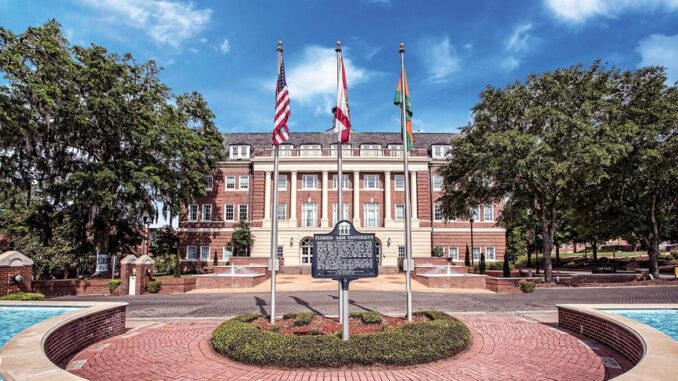By Matthew A. Pigatt
Harvard University recently rebuffed a sweeping set of federal demands that threatened its admissions standards, hiring policies and campus speech. Within hours, Washington froze more than $2 billion in research and student-aid funds. Commentators praised Harvard’s resolve and framed it as a showdown over academic freedom. Our community sees a different lesson: only a university backed by a $50 billion endowment can afford to weather such a loss without shutting off the lights. Historically Black Colleges and Universities cannot.
Many HBCUs have endowments smaller than a single Harvard school. If federal or state money is withheld, leaders at Florida A&M, North Carolina A&T, or my alma mater, Morehouse, face a choice between compliance and survival. This episode exposes a funding double standard rooted in race and reinforced by policy.
The numbers speak for themselves. Federal officials confirmed that states shortchanged land-grant HBCUs by more than $12 billion between 1987 and 2020. Florida A&M is owed almost two billion of that sum, enough to renovate every laboratory, modernize every dormitory and fund thousands of scholarships. That debt is not charity; it is money promised by law and withheld for decades.
Underfunding has effects we know all too well. Outdated labs limit research grants. Cracked residence‑hall ceilings drive first‑generation students off campus, where distractions grow and graduation rates fall. Scholarship gaps push families already doing their best to survive deeper into debt. The damage spreads far beyond campus gates, stifling Black entrepreneurship, home ownership and civic leadership.
HBCU alumni are needed now more than ever. Justice depends on a grassroots movement powered by graduates, parents and allies who understand that institutions and communities rise or fall together. Practical action can ensure HBCUs remain safe spaces where our children transform into professionals and leaders. This is not charity; it is an investment in the economic and political power of an educated constituency.
Alumni associations should support litigation compelling states to pay what is owed. We can establish scholarship funds here in South Florida, so talented students can choose HBCUs without hesitation about cost. Individual gifts need not match corporate checks to matter. Twenty‑five dollars a month can close the gap for a senior who has exhausted financial aid yet still owes a small balance.
Each graduate we help cross the finish line adds roughly $1 million in lifetime earnings to our collective economic base. Multiply that by the hundreds of South Florida students we can send to Tallahassee, Atlanta or DC, and the result is a surge in buying power that circulates through family businesses, church tithes, neighborhood home sales and city budgets.
Power has a price. Harvard paid it on principle. HBCUs and the communities they anchor cannot. That is why alumni must act now. When we invest in our institutions, we do more than balance their budgets; we also strengthen their foundations. We expand the economic horizons of our families, enhance the buying of our neighborhoods,and honor a legacy of resilience that no funding freeze can suppress.

